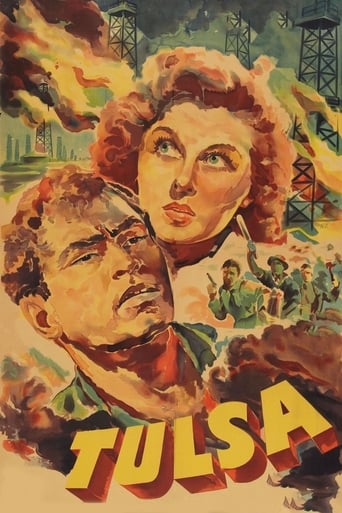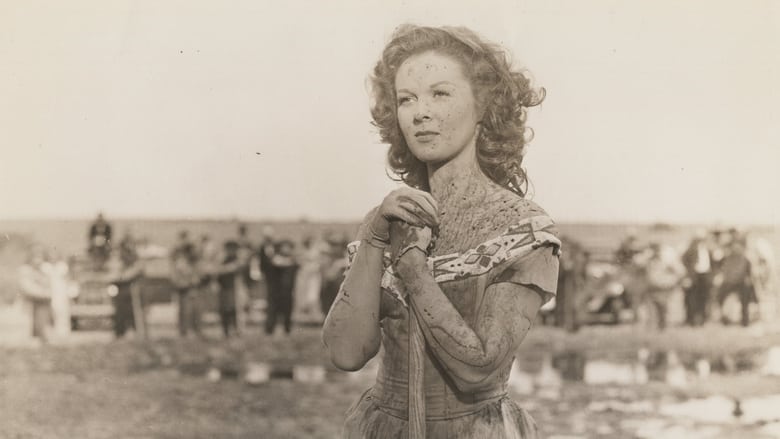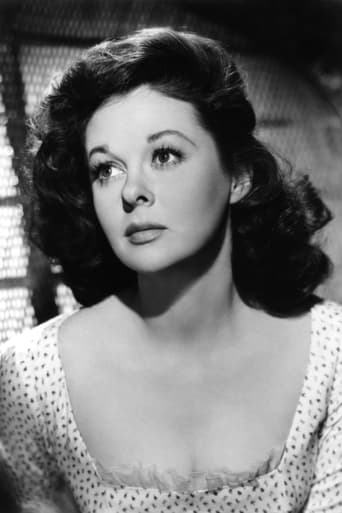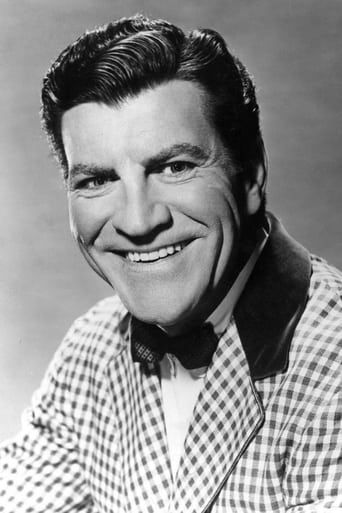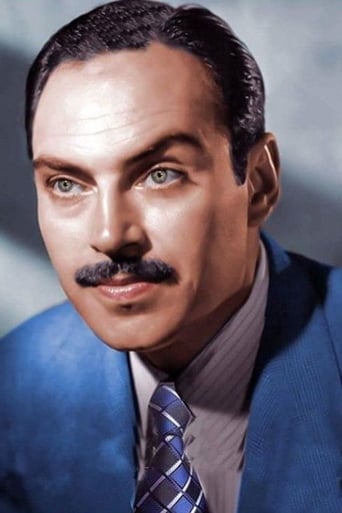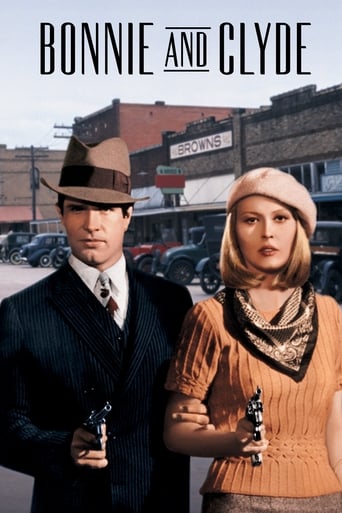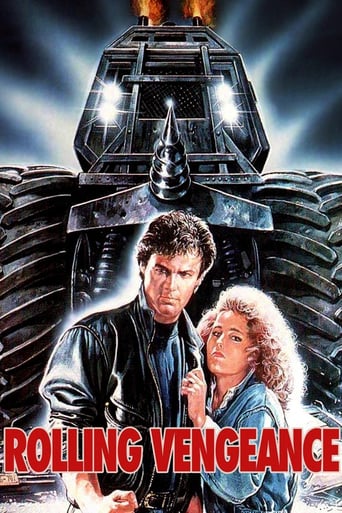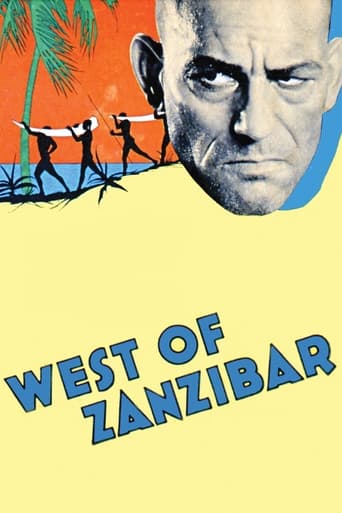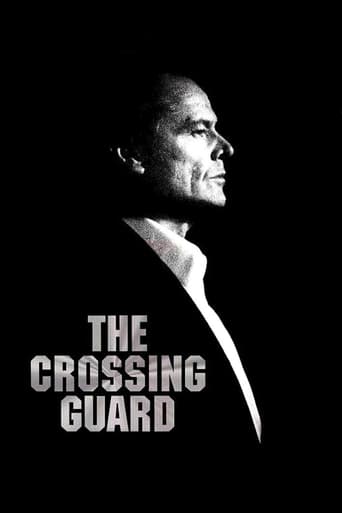Tulsa (1949)
It's Tulsa, Oklahoma at the start of the oil boom and Cherokee Lansing's rancher father is killed in a fight with the Tanner Oil Company. Cherokee plans revenge by bringing in her own wells with the help of oil expert Brad Brady and childhood friend Jim Redbird. When the oil and the money start gushing in, both Brad and Jim want to protect the land but Cherokee has different ideas. What started out as revenge for her father's death has turned into an obsession for wealth and power.
Watch Trailer
Cast
Similar titles
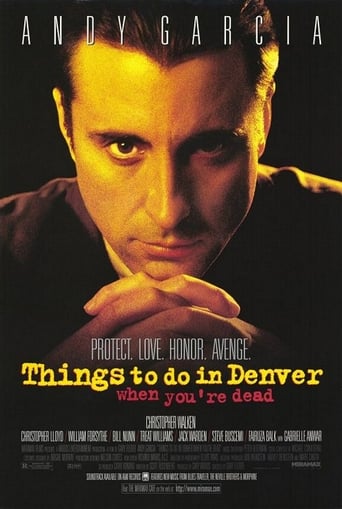
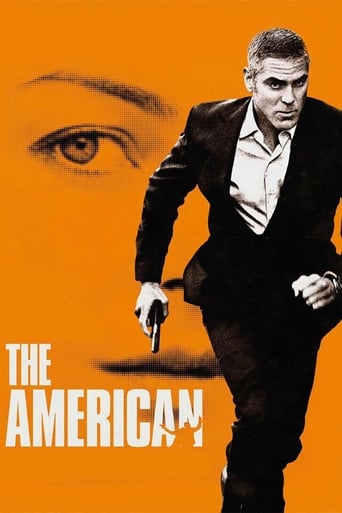
Reviews
Captivating movie !
This movie was so-so. It had it's moments, but wasn't the greatest.
If you like to be scared, if you like to laugh, and if you like to learn a thing or two at the movies, this absolutely cannot be missed.
It is neither dumb nor smart enough to be fun, and spends way too much time with its boring human characters.
Upon its first appearance 'Tulsa' won John Fulton the Academy Award for its special effects; but as one of the last productions of Eagle-Lion Films it's long been in the public domain and is thus ironically now available only in crummy prints. Fortunately the script and performances are of sufficient calibre to nevertheless ensure enjoyment of this rollicking, two-fisted melodrama set in the oilfields which I hope I live long enough to one day see in all its pristine Technicolor glory.It's lavish Technicolor trappings serve to highlight both the flaming red hair of wildcat Susan Hayward and the flaming oil derricks of Oklahoma, cannily enhanced by producer Walter Wanger with a good script and a good cast. The least familiar face is Lloyd Gough, who ironically gives an excellent performance as Hayward's surprisingly charming capitalist foe, Bruce Tanner. Tanner represents the rapacious and destructive side of capitalism the film is overtly dead set against (but of which the law is as usual depicted as a reliable ally), and Gough's personable presence in the role is ironic because he was himself blacklisted in 1952. Another irony that it's Charlie Lightfoot, played by authentic American Indian Chief Yowlachie who's depicted as the first to succumb to the lure of a fast buck, and to Hell with the long term environmental consequences.
Any time Robert Preston shows up in a movie it's a good day. He looked good. He could act. He could sing and dance. The guy had it all. Here he plays a college-educated geologist on hand to continue the legacy of his oilman father. Except instead of being a rough-and-tumble wild- catter he's several decades ahead of the curve in wanting to extract oil sustainably. To the credit of the movie's writers Preston's character isn't some preachy enviro-tard, either. He's a nice balance to Susan Hambone's Oil Queen, whose greed is turned up to 11. The outdoor filming was refreshing. Even watching the lousy print on Silver Screen Classics you can feel that OK sun pounding down. The less said about the Indians the better. They include the stereotypical ''chief''-type with the long braids and fractured English - I mean, c'mon, the movie is set in the 1920s not the 1820s. And then there's the Indian ''sidekick'' who is actually a Mexican and talks like he's brain injured. Chill Wills is on the screen just enough not to grate on my nerves. Hayward is gorgeous but I'm sorry she can't act. Had she not died early she surely would have starred in some night-time TV soap like Falcon Crest. The finale is spectacular. Ruined only by the preachy enviro-whining epilogue. The only reason I'd watch this again is if I needed a Robert Preston fix on a slow afternoon.
Tulsa is directed by Stuart Heisler and adapted to screenplay by Frank S. Nugent and Curtis Kenyon from a Richard Wormser story. It stars Susan Hayward, Robert Preston, Pedro Armendáriz, Lloyd Gough and Ed Begley. Music is by Frank Skinner and cinematography by Winton C. Hoch.It's Tulsa at the start of the oil boom and when Cherokee Lansing's (Hayward) rancher father is killed in a fight, she decides to take on the Tanner Oil Company by setting up her own oil wells. But at what cost to the grazing land of the ranchers?Perfect material for Hayward to get her teeth into, Tulsa is no great movie, but it a good one. Sensible ethics battle greed and revenge as Hayward's Cherokee Lensing lands in a male dominated industry and kicks ass whilst making the boys hearts sway. She's smart, confident and ambitious, but she's too driven to see the painfully obvious pitfalls of her motives, or even what she has become. It all builds to a furious climax, where fires rage both on land and in hearts, the American dream ablaze and crumbling, the effects and model work wonderfully pleasing.Slow in parts, too melodramatic in others, but Hayward, Preston, Gough and the finale more than make this worth your time. 7/10
...and that's fine by me! Most films about ecology have been cheap exploitation (eg, "Frogs"). This one is not. It's a moderately serious story about the need to use natural resources wisely. There's no question this is the reason the film was made. The script's seemingly accurate details suggest that someone did a lot of research about the oil industry."Tulsa" is also a good example of the principle that you can't tell stories about ideas, only people. Though exaggerated, the characterizations aren't too overdrawn, and we're willing to believe that Susan Hayward's character discards her principles in favor or money. (This is human nature -- unfortunately.) Similarly, Tanner //does not// change his beliefs at the end.Hayworth's performance is better-than-competent, and Robert Preston does a great job imitating Clark Gable. (Note the scene where the fully clothed Hayworth kisses Preston, dropping a gown she's holding, to suggest you-know what. It's a fine example of directors circumventing the Code.) The actors playing Indians at least //look like// Indians, rather than spray-painted whites.Though 65 years old, "Tulsa" has hardly dated. The issues at its center have still not been resolved -- nor have human beings developed better values.
